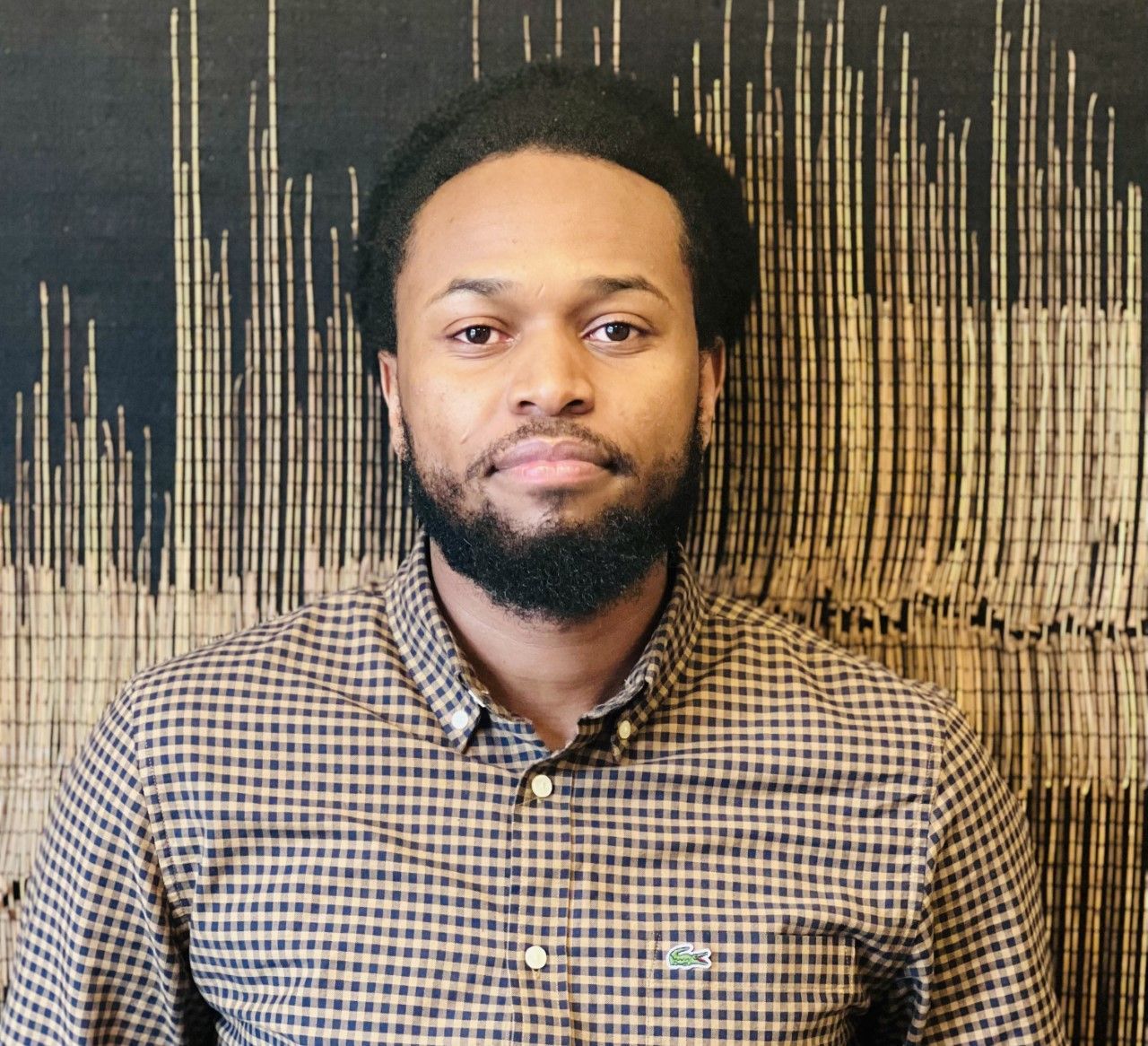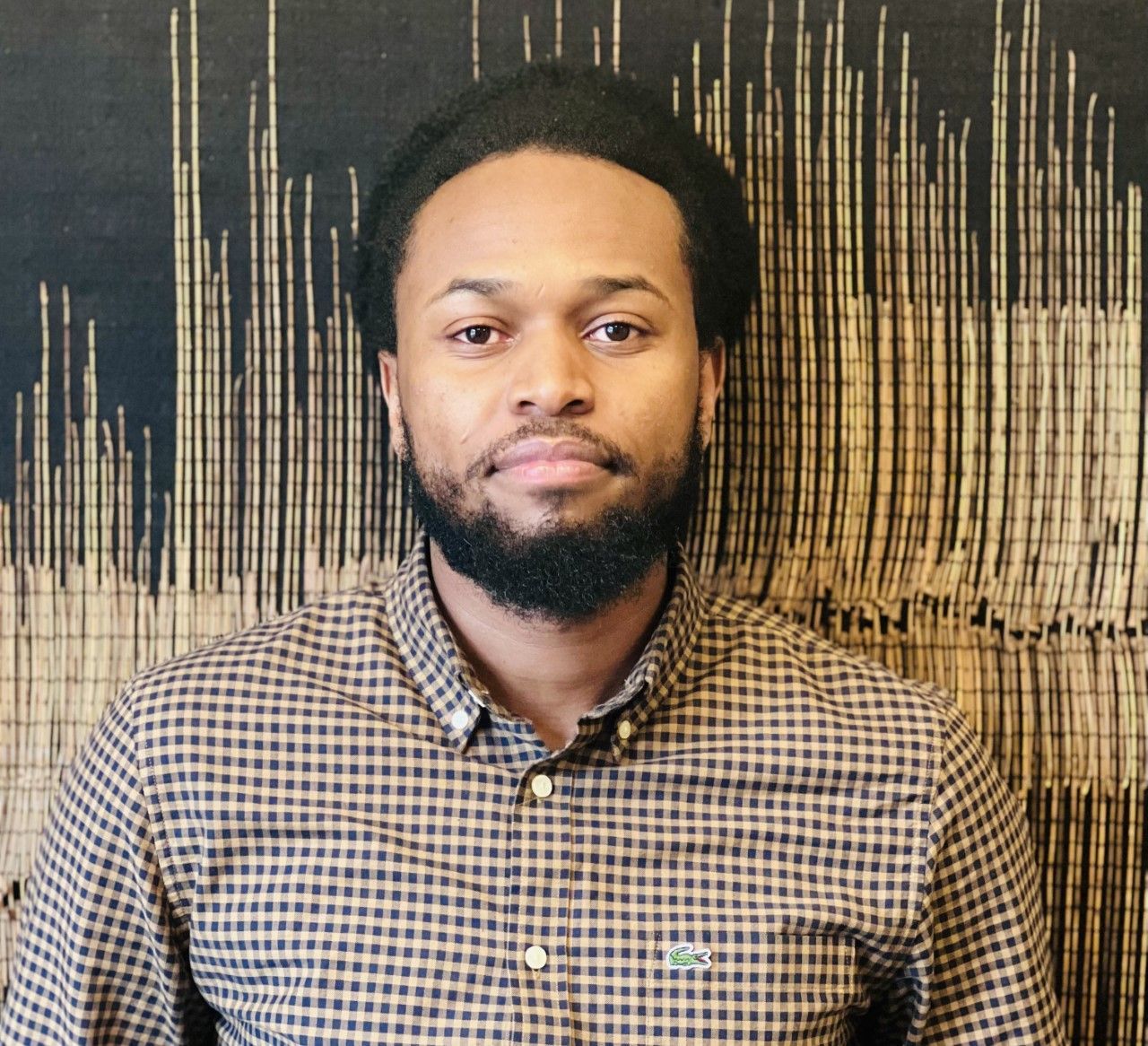The Beacon Blog: Trail Notes
Fredrick Ole Ikayo’s Trail Notes
Edited by Chase Ford, Kai Hardy, and Stephanie Piccininni
February 13, 2023

Interviewee: Fredrick Ole Ikayo (VLGS ’23), LLM Fellow at the Vermont Law and Graduate School Environmental Justice Clinic
Q: What does environmental justice mean to you?
A: Environment Justice (“EJ”) is thefair treatment and meaningful involvementof all people in the development, implementation, and enforcement of Environmental laws regardless of race, color, income, or national origin. Additionally, true community engagement to ownership is paramount to amplifying community voices, especially those excluded from democratic voices and power.
Q: Tell me about where you grew up?
A: I am from the Maasai tribe, an indigenous and semi-nomadic ethnic tribe in Tanzania. My paternal family lives in the Ngorongoro Conservation Area (“NCA”). We use the land as a shared resource, and the cattle economy is essential to provide for our basic needs: food, clothing, and shelter.
As a child, I would assist in livestock herding as part of our traditional lifestyle. I enjoyed the breathtaking landscape and the blend of scenery while grazing. The natural surroundings, greenery, open skies, and wildlife evoked my tranquility and calmness. Overall, the grazing experience was a form of mindfulness and connection with nature.
Over the years, restrictive laws on where to graze and the prohibition on crop cultivation for our subsistence have impacted our way of life and livelihoods. Additionally, the impact of climate change has caused disruptions in the form of precipitation patterns and rising temperatures leading to prolonged droughtscausing disruptions to the delicate balance of the ecosystem we depend on.
Q: What is the most pressing environmental justice issue in Tanzania?
A: The pressing environmental injustice that has recently attracted global outcry is the unlawful eviction of approximately 150,000 indigenous Maasai, including 70,000 in Loliondo and 80,000 in Ngorongoro, from their ancestral land, which the Maasai have stewarded for centuries. The NCA was declared a World Heritage by UNESCO in 1979.
But the “fortress conservation model,” premised on the idea that biodiversity protection is best achieved by the exclusion of people, has displaced and excluded us from our ancestral land, denying us meaningful involvement and power in matters affecting our cultural survival, cultural identity, and livelihoods. It is like a resource curse; in this context, the indigenous Maasai have been on the negative receiving end in an area rich in biodiversity. We are paying the brutal price of evictions to pave the way for tourism and conservation.
Q: What steps are being taken, if any, to solve that issue? What are the challenges to solving it?
A: The Tanzanian government has resorted to “voluntary relocation.” However, how impartial the process is to relocate the Maasai from the NCA has raised many concerns and questions. Among these concerns is a lack of free, prior, and informed consent.
The challenges and predicaments of the Maasai in the NCA are from a historical standpoint and relate to the unique, internationally significant conservation status and tourist status accorded to our homelands.
Q: Why did you go to law school?
A: As a child, I learned the importance of ancestral lands and experienced the impact of environmental degradation. I saw how our people faced severe human rights violations inflicted on them by different people and government authorities. I lived through prolonged droughts for most of my life and had to travel long distances for grazing.
As a result of such violations, I became more passionate about going to law school and practicing law. I eventually attained a law degree, which served as a catalyst to open my eyes to a broader interest in environmental law. An interest that has become personal is to advocate for the interests of minority communities, including that of the Maasai, in preserving the natural course of our land, environment, and livelihood.
Q: Describe your environmental justice work at Vermont Law and Graduate School?
A: At the EJC, I co-teach and work on cases addressing industrial agriculture, supervise student attorneys, support work with Environmental Justice communities in Vermont, and research state, national, and international environmental justice laws and policies.
Q: Do you feel like environmental justice receives enough attention at Vermont Law and Graduate School?
A: As one of the few EJ Clinics in the nation, VLGS’s Environmental Justice Clinic provides a supportive and enriching environment to help clinicians grow academically and prepare them for successful careers, including in environmental justice advocacy. While the Clinic is seeking new staff, the school has supported interim Clinic Director and Associate Professor Mike Harris, Assistant Professor and Interim Senior Attorney Christophe Courchesne, and I (Fellow Fredrick Ole Ikayo), who have been instrumental in carrying out the Clinic’s work during this transitional period. Their mentorship fosters academic growth and clinical practice and helps student attorneys develop essential practical skills and critical thinking. VLGS has now begun a search for a new EJ Clinic Director and Staff Attorney starting in the fall of 2023.
Q: What advice would you give to individuals who are interested in working on environmental justice issues?
A: I would advise a prospective lawyer interested in working in the EJ field that it calls for a dedication to empower communities (community lawyering). In some instances, a traditional lawyer might be passionate about helping an EJ community but may fail to give a community a sense of their power, thereby creating dependency instead of interdependency. Power shifting and self-determination are paramount to EJ communities for real lasting changes. For instance, this occurs when the EJ community identifies grievances and develops demands, solutions, and strategies for tackling a problem. As a result, the community becomes an “integral part” of developing, implementing, and identifying solutions to its problems. And the lawyer(s) takes a “collaborative role” with the community in achieving those solutions. Building trust, listening skills, and learning from EJ communities are essential tools in pursuit of social justice goals.

